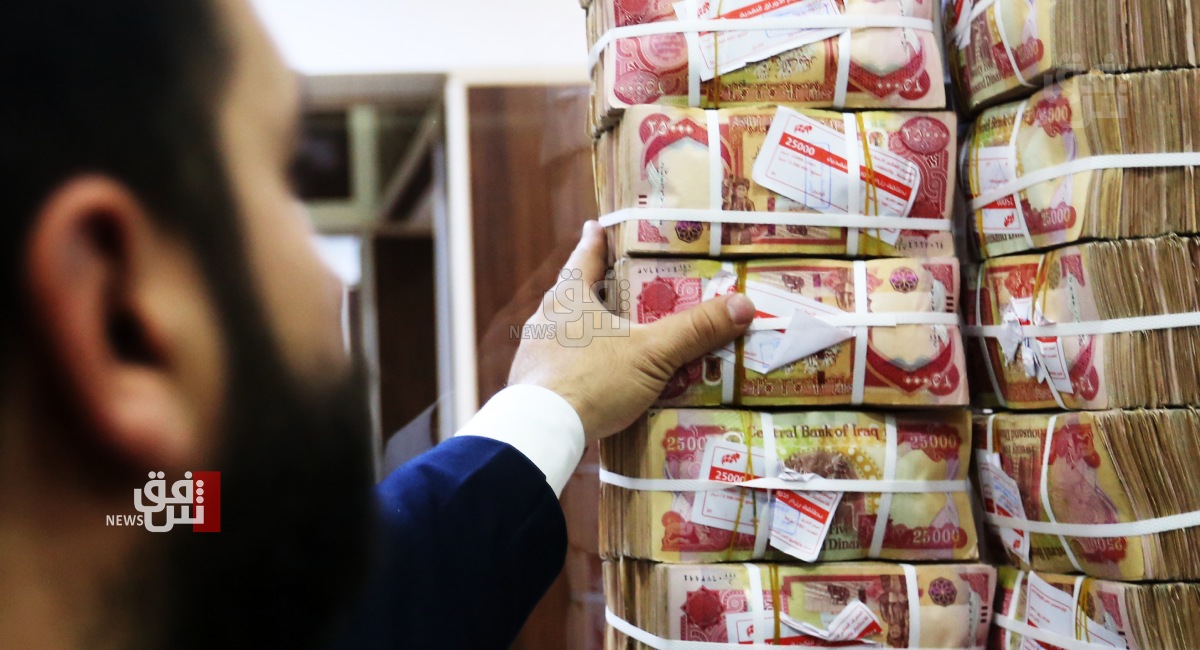Iraq's internal debt per capita reaches 1.7 million dinars: is it worrisome?

Shafaq News/ Iraq's internal debt has reached 70 trillion dinars ($48 billion), with each citizen's share of the debt amounting to 1.7 million dinars ($1,170), according to economist Manar al-Obaidi.
The debt has been growing steadily in recent years, due to a combination of factors including the war against ISIS, the decline in oil prices, and the COVID-19 pandemic.
The government has been able to finance the debt through a combination of borrowing from domestic banks and issuing treasury bills. However, the growing debt burden is a major concern for economists, who warn that it could crowd out private investment and lead to higher inflation.
Economist Abdul Rahman al-Mashhadani, however, downplayed the significance of the internal debt, arguing that it is not as dangerous as the external debt.
"The internal debt is not the dangerous element in the world's countries, but the external debt, because the internal debt is shared by many institutions, so its impact is weak, although it is considered a debt that the government owes to financial institutions and individuals," he said.
Mashhadani pointed out that the internal debt is owed to government institutions, such as the Rafidain, Rashid, and Iraqi Trade banks, and the Central Bank. As a result, he said, it is a government debt to the government and the government can cancel its interest or write off these debts.
The International Monetary Fund (IMF) has removed Iraq from its list of debtor countries, as the country's external debt is now below the IMF's threshold of 100% of GDP. The IMF's decision is a sign of confidence in Iraq's economy, and it could help to attract foreign investment. However, economists warn that Iraq still needs to address its debt problem, as the high debt burden could constrain economic growth in the long term.





